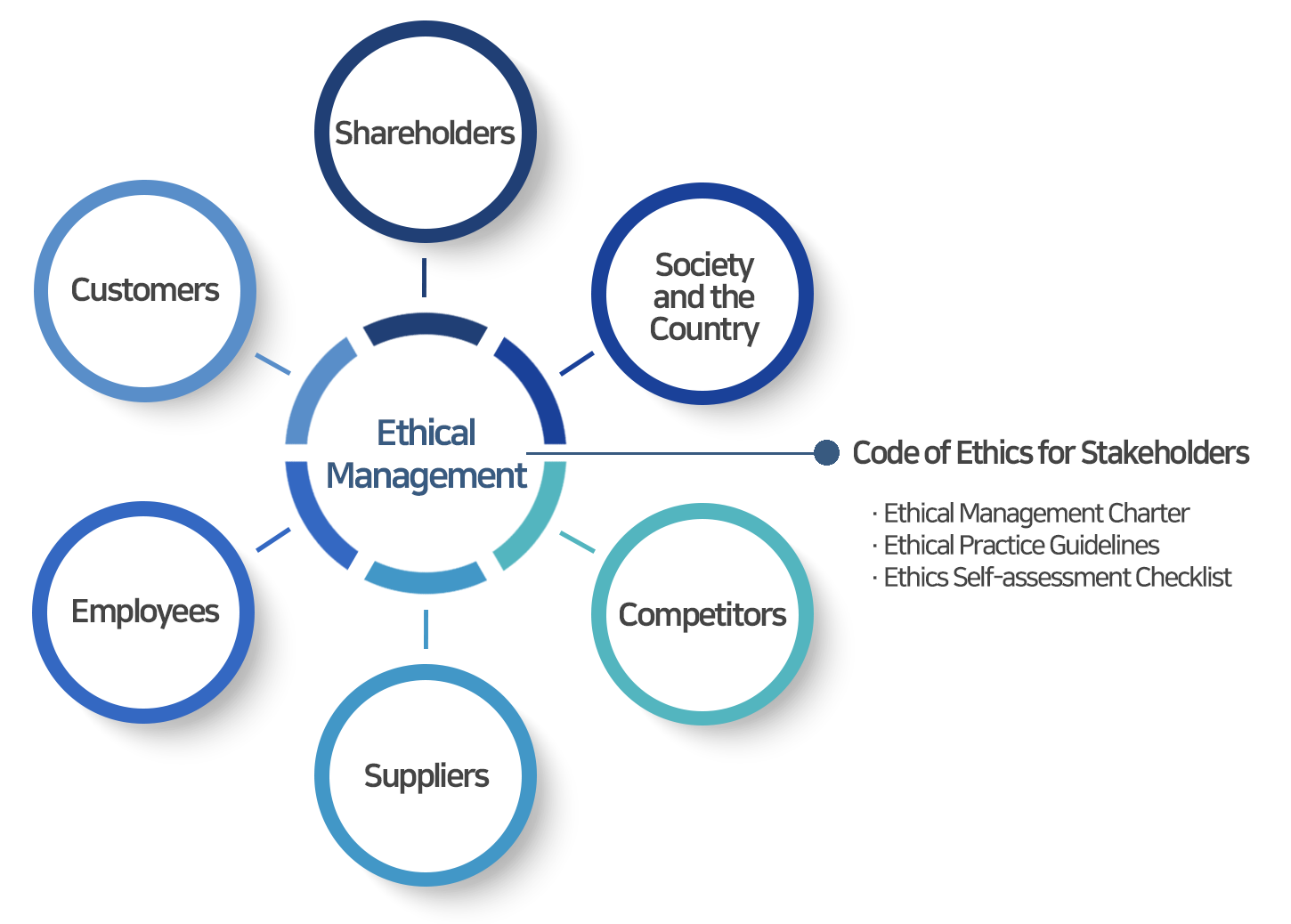
Management ethics
Management Ethics: Doing the Right Thing in Business
In today’s fast-paced and interconnected world, businesses face increasing pressure to operate ethically. Consumers, investors, and employees alike are demanding transparency, accountability, and responsible business practices. This has led to a growing emphasis on management ethics, which can be defined as the moral principles and values that guide the decisions and actions of business leaders.
Why is Management Ethics Important?

Ethical behavior is not just a “nice to have” for businesses; it’s essential for long-term success. Here’s why:
1. Enhanced Reputation and Brand Image
Ethical companies build trust with their stakeholders. When customers, employees, and investors perceive a company as ethical, they are more likely to support it. This translates to increased customer loyalty, improved employee morale, and stronger investor confidence.
2. Improved Financial Performance
Ethical practices can lead to improved financial performance. For example, companies that prioritize environmental sustainability may reduce costs associated with waste and energy consumption. Ethical treatment of employees can lead to increased productivity and reduced employee turnover.
3. Increased Customer Loyalty

Customers are increasingly drawn to companies that align with their values. Ethical companies that prioritize social and environmental responsibility are more likely to attract and retain loyal customers.
4. Reduced Legal and Regulatory Risks
Ethical companies are less likely to face legal and regulatory challenges. By adhering to ethical standards, companies can minimize their risk of fines, lawsuits, and reputational damage.
5. Improved Employee Morale and Engagement
When employees feel that their company operates ethically, they are more likely to be engaged and motivated. This can lead to increased productivity, creativity, and innovation.
6. Attracting and Retaining Top Talent
Top talent is increasingly drawn to companies that prioritize ethical behavior. By demonstrating a commitment to ethical practices, companies can attract and retain the best and brightest employees.
Key Principles of Management Ethics
Several key principles underpin ethical management:
1. Honesty and Integrity
Honesty and integrity are fundamental to ethical leadership. Leaders must be truthful in their dealings with employees, customers, investors, and other stakeholders. They must also act with integrity, meaning they must adhere to their values and principles even in challenging situations.
2. Transparency and Accountability
Transparency and accountability are essential for building trust. Ethical leaders are open and honest about their company’s activities and financial performance. They are also accountable for their actions and decisions.
3. Fairness and Justice
Ethical leaders treat all employees fairly and justly. They ensure that all employees are treated equally, regardless of their gender, race, religion, or other characteristics. They also strive to create a just and equitable workplace where all employees have the opportunity to succeed.
4. Respect for Others
Ethical leaders demonstrate respect for all individuals, including employees, customers, suppliers, and the community. They value diversity and inclusion and create a workplace where everyone feels valued and respected.
5. Social and Environmental Responsibility
Ethical leaders recognize the importance of social and environmental responsibility. They strive to minimize their company’s negative impact on the environment and to contribute positively to society.
How to Promote Ethical Behavior in the Workplace
Promoting ethical behavior in the workplace requires a multi-faceted approach:
1. Develop a Code of Ethics
A code of ethics provides a framework for ethical decision-making. It outlines the company’s values and principles and provides guidance on how employees should conduct themselves in various situations.
2. Lead by Example
Ethical leaders must lead by example. They must demonstrate ethical behavior in all their actions and decisions.
3. Provide Ethics Training
Ethics training can help employees understand the company’s ethical standards and develop the skills they need to make ethical decisions.
4. Create a Culture of Openness and Communication
A culture of openness and communication encourages employees to raise ethical concerns without fear of retaliation.
5. Establish Clear Reporting Mechanisms
Employees should have a clear and confidential way to report ethical concerns. This could include a hotline, an ombudsman, or a designated ethics officer.
6. Reward Ethical Behavior
Recognizing and rewarding ethical behavior can encourage employees to act ethically. This could include public praise, bonuses, or promotions.
Challenges to Ethical Management
Despite the growing importance of management ethics, several challenges remain:
Global Economic Pressures: The pressure to meet financial targets can sometimes lead to unethical behavior.
The Role of Technology in Ethical Management
Technology can play a significant role in promoting ethical behavior in the workplace. For example, companies can use technology to track and monitor their environmental impact, to ensure fair and equitable hiring practices, and to provide employees with access to ethical resources and training.
Conclusion
Management ethics is not just a moral imperative; it’s essential for long-term business success. By prioritizing ethical behavior, companies can build trust with their stakeholders, improve their financial performance, and create a more just and equitable workplace. By embracing ethical principles and creating a culture of ethical behavior, businesses can not only succeed but also make a positive contribution to society.
Disclaimer: This article is for informational purposes only and should not be construed as legal or financial advice.
I hope this article provides a comprehensive overview of management ethics in relaxed English and is helpful for your SEO purposes.